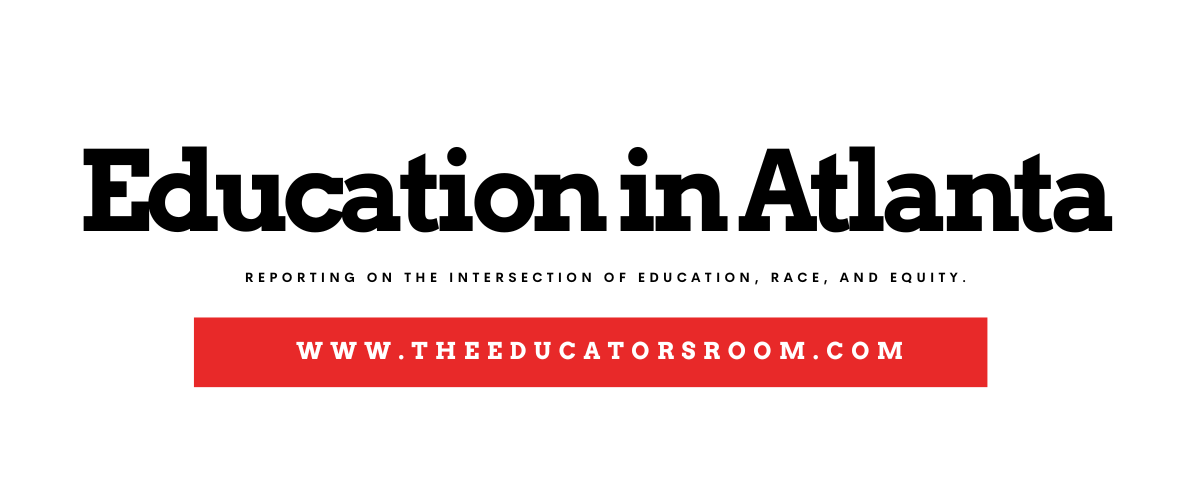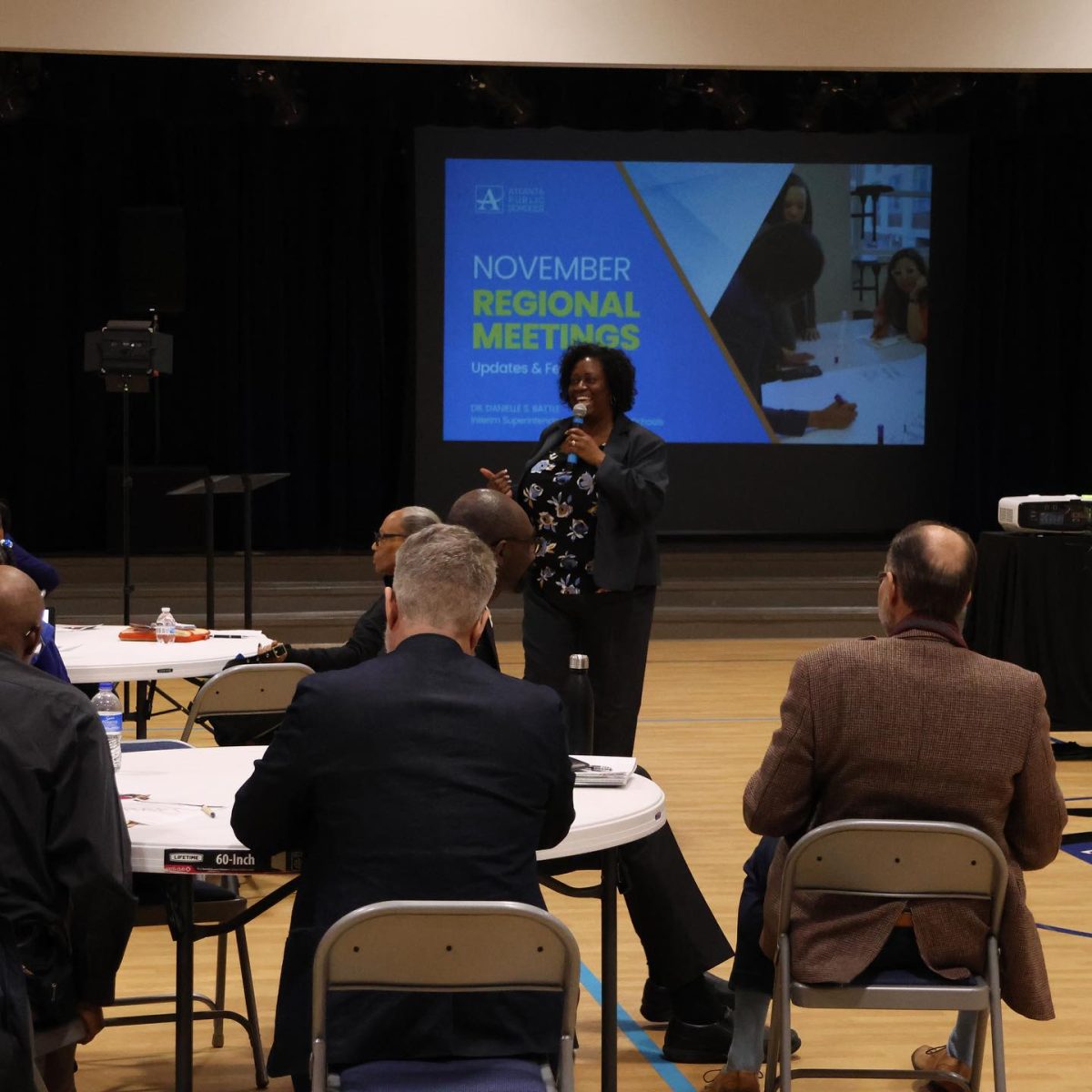Overview:
At the regularly scheduled policy review meeting, Atlanta Public Schools is working to address the early literacy crisis by creating a policy on literacy that will be used to establish goals and a framework to address the district’s literacy challenges
At the regularly scheduled policy review meeting, Atlanta Public Schools is working to address the early literacy crisis by creating a policy on literacy that will be used to establish goals and a framework to address the district’s literacy challenges. This focus on literacy comes after interim superintendent Dr. Danielle S. Battle made literacy a cornerstone of her work before a permanent superintendent was chosen.
In Georgia, 60% of third-grade students are not reading on level, according to the Georgia Milestones. In Atlanta Public Schools, the percentage is higher, with 44 percent of 3rd graders, 50% of 4th graders, and 40% of fifth graders not reading on grade level, according to the Georgia Insights Dashboard focused on the reading status of students throughout Georgia. To be considered reading on grade level in Georgia, students in third grade must have a Lexile of 520L or greater, fourth graders must have a Lexile of 740L, and fifth graders must have a Lexile of 830L as measured by the Georgia Milestones Assessments exam
In middle school, the data continues to lag. Fifty-two percent of 6th graders, 38% of 7th graders, and 40% of 8th graders are below grade level in reading. To be considered reading on grade level in Georgia, students in sixth grade must have a Lexile of 925L, or greater, seventh graders must have a Lexile of 970L, and eighth graders must have a Lexile of 1010L as measured by the Georgia Milestones Assessments exams.
The newly proposed policy, currently open for public feedback, explicitly acknowledges that illiteracy within the Atlanta Public School system has reached crisis levels, characterizing it as a public health crisis with epidemic proportions. The policy recognizes that certain demographic groups, particularly Black students, English Language Learners (ELLs), and students eligible for free and reduced-price lunch (FRPL), are disproportionately affected by this crisis.
Demographics that contribute to subgroup data include students with English as a second language, male students, and students on free and reduced lunch. These subgroups paint a picture of a needed policy change within the school system. As an example, the Georgia Milestones assessment system from 2023 includes 64% of ELL students, 47% of Black (non-Hispanic), and 76% of students with disabilities who are reading below grade level.
In the proposed policy, the board makes a hard statement about the right to an ELA comprehensive reading and writing program that includes comprehension of content and language, organized and explicit skills instruction, which includes phonemic awareness, phonic analysis and decoding skills, fluency and vocabulary development, ongoing diagnosis and assessment, effective writing practices and timely intervention to assist students.
The policy goes on to give the superintendent the ability to select evidence-based literacy curricula and ongoing professional development for students. According to the International Literacy Association, evidence-based literacy curricula is a particular program or collection of instructional practices that have a record of success. That is, there is reliable, trustworthy, and valid evidence to suggest that when the program is used with a particular group of children, the children can be expected to make adequate gains in reading achievement.
This focus on literacy is the state of Georgia comes on the heels of two bills passing, HB 538, or Georgia Early Literacy Act”which aims to improve the quality of early reading instruction in the state. In addition, SB 211 called for the creation of a literacy council which would The 30-person council will be responsible for ensuring the implementation of the Early Literacy Act and provide an annual report that includes recommendations for addressing problems and solutions in the state’s literacy effort.
There are four regional meetings scheduled in the city of Atlanta for the public to offer feedback on the literacy policy and the superintendent search.

